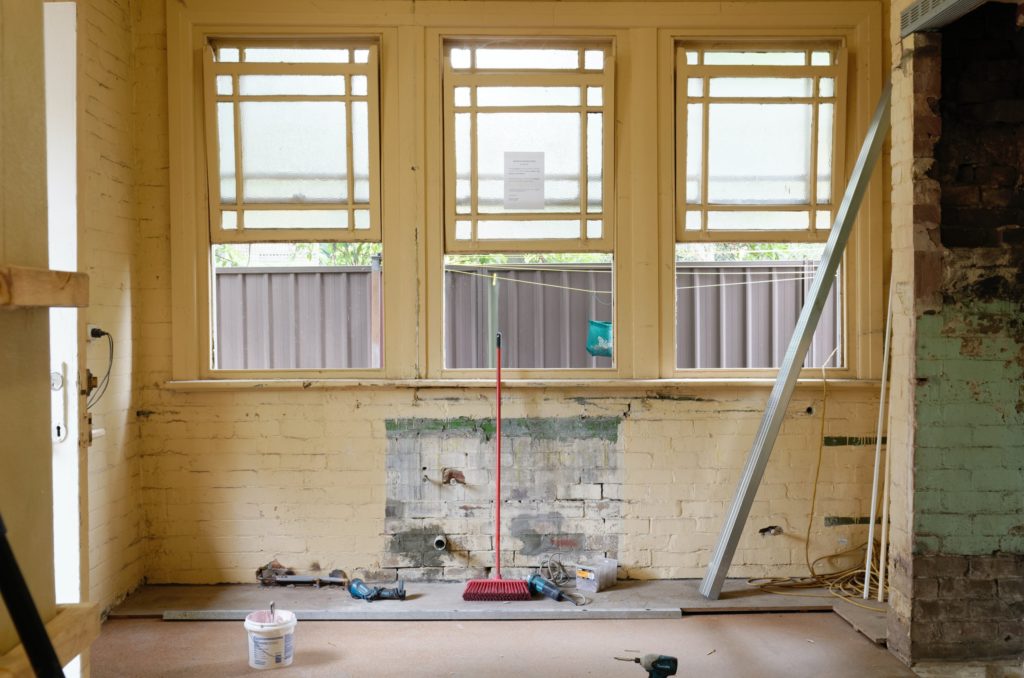Investors often buy property to fix and flip it. While rehabbing property takes time, they often complete smaller homes within a matter of months. If the project is complex or involves luxury real estate, it is not uncommon for the home loan to mature before investors sell the property. Here is what happens when the loan matures before a sale, and the options investors can take.
What is a mature loan?
A mature loan is one that has reached the end of its borrowing term. The due date for the final payment can be anywhere from a few months to years depending on the maturity of loan terms.
Once the investor makes the final payment on the loan along with any applicable fees, the promissory note is retired. If secured, all assets are released from the lender’s ability to claim.
If an investor pays off a loan early, it often saves money on interest. However, they may be charged a prepayment or early payoff penalty, which can cause them to lose more money than they tried to save. It is important to check to see if penalties will apply beforehand.
When does your loan mature?
Short-term loans—financing for fix-and-flip, bridge, and ground-up construction—most often have a 12-month term. This type of loan is best suited for real estate investors that want to get in and out of a property quickly.
A loan will mature at the end of its 12-month term. Borrowers must pay it off by the final due date according to the terms of the promissory note. While home flippers expect to have sold their property by the time the loan has matured, the unexpected can happen.
Steps to take when your loan has matured but the property has not sold:
When a loan is not paid off at the end of the term, a maturity default occurs. This can happen if the lender requires a balloon payment the borrower lacks the funds to pay. If a housing loan has matured prior to the sale of the property, there are a few steps investors can take.
Step 1: Ask yourself when you realistically plan to exit
If a fixer-upper is not ready to sell, borrowers can extend the home loan. Many private lenders will offer an extension of the loan for a fee. Extension fees can range anywhere from 1 percent to 3 percent of the loan balance. Multiple extensions can be costly, so house flippers should not extend the loan more than once.
Step 2: Are you planning on holding the loan as a rental?
Refinancing the loan with a private lender is another option investors can take. A short-term rental loan can be refinanced into a long-term rental loan. The interest rates are much lower, so the carry costs become more reasonable.
Step 3: Carefully consider your options if you plan on selling
Holding on for an extra $25,000 on the sales side but paying $35,000 in extra costs does not make much sense. Before an investor decides to extend or refinance their housing loan, it pays to figure out if the benefit outweighs the costs.
It is important to understand when a loan matures, especially if a property has yet to sell. While investors with the means can pay off the loan, there are other options as well.
We offer a range of credit solutions to suit the needs of real estate investors. If your fix and flip loan is reaching maturity, contact Lendmarq to discuss your options.




